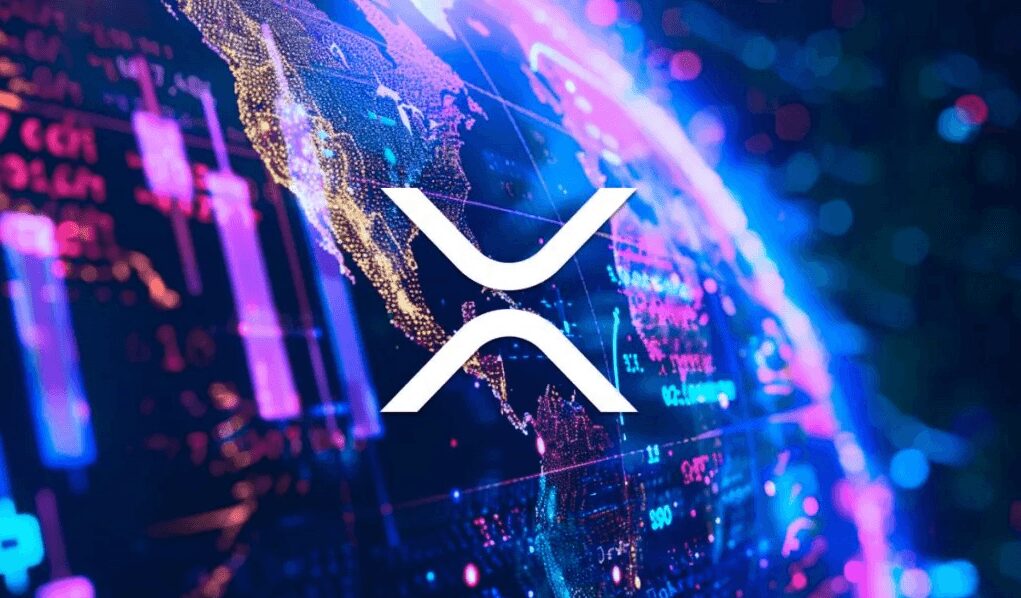Ripple and the Endless Court Battles: Current Status and Future Implications
Ripple and the endless court battles with the SEC are a critical issue for the cryptocurrency market. This ongoing case questions if Ripple’s sale of XRP is an unregistered securities offering. This article will update you on the current status and explore what these battles mean for Ripple and the future of digital assets.
Key Takeaways
- Ripple Labs is entangled in a legal battle with the SEC over whether XRP is classified as a security, which could have lasting impacts on the cryptocurrency landscape.
- The case has led to significant financial and regulatory implications for Ripple and the broader crypto industry, influencing investor confidence and market stability.
- The outcome of the litigation could set important legal precedents for how digital assets are regulated, with potential scenarios ranging from favorable rulings that stabilize the market to severe repercussions if XRP is categorized as a security.
Ripple and the Endless Court Battles: Current Status and Future Implications
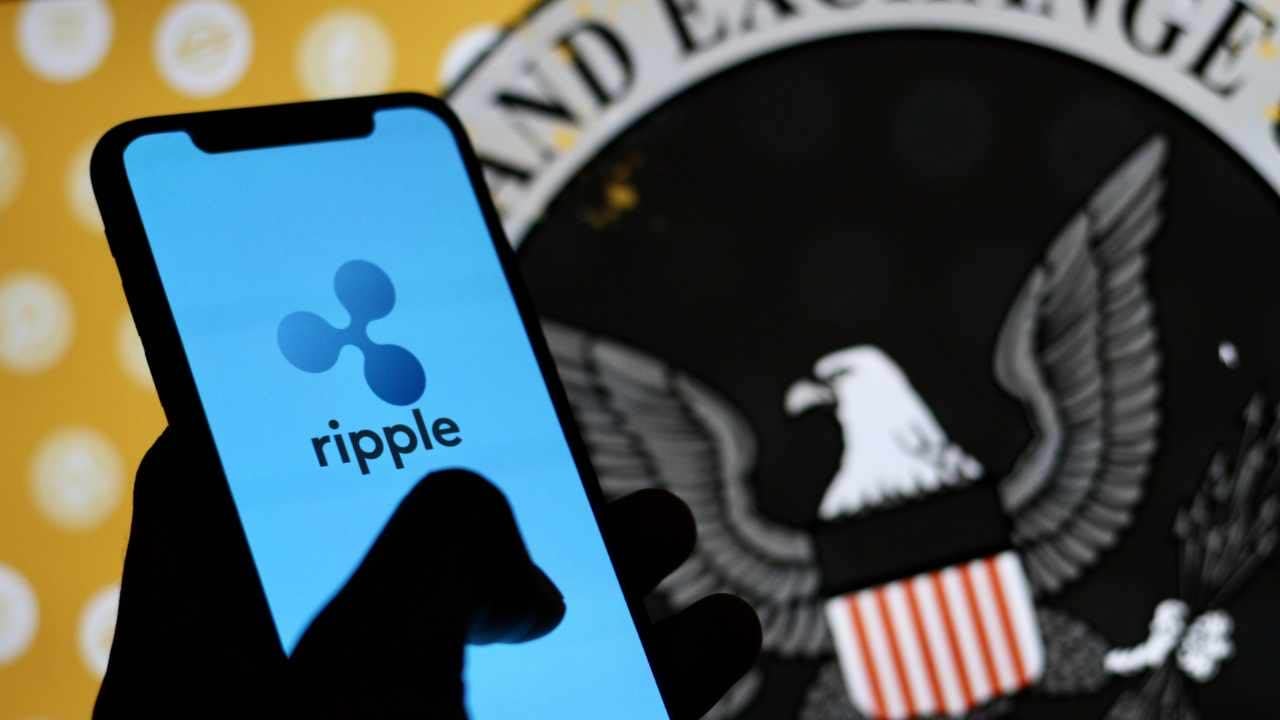
Ripple’s ongoing legal battles with the SEC have created a tumultuous environment for both the company and the broader cryptocurrency market. Founded in 2012, Ripple Labs aimed to revolutionize global financial transactions by enhancing security and speed.
These ambitions now face significant hurdles due to legal challenges that could redefine Ripple’s operations and the regulatory landscape for digital assets.
Introduction
Ripple Labs’ legal entanglements have become central in the broader conversation about cryptocurrency regulation. As the world grapples with economic challenges, including inflation and the rise of artificial intelligence, the outcome of Ripple’s court battles could have far-reaching implications. With over $200 million invested in legal fees, the stakes are high. The recovery of XRP, Ripple’s native digital currency, is closely tied to its ability to navigate these legal pressures.
Ripple’s legal issues are a significant concern for the cryptocurrency sector, potentially shaping future regulations and investor confidence. The ongoing litigation with the SEC, which alleges that Ripple’s sale of XRP constitutes an unregistered securities offering, could have a profound impact on the market. This case extends beyond Ripple, influencing the future of digital assets and their global regulation.
The situation is a complex interplay of legal, economic, and technological factors in the current state of the current scenario. As consumers and investors seek clarity, the outcome of Ripple’s court battles could determine the trajectory of the entire cryptocurrency market conditions.
This blog post aims to unpack these issues by providing a detailed analysis of Ripple’s background, the SEC lawsuit, key developments in the court battles, and the broader implications for the crypto industry.
Background of Ripple and XRP
Ripple Labs, founded in 2012 by Chris Larsen and Jed McCaleb in San Francisco, was created to enhance the efficiency of cross-border financial transactions. The company aims to revolutionize global financial transactions by prioritizing security and speed.
Central to this mission is XRP, a cryptocurrency designed to facilitate quick and inexpensive cross-border payments.
Ripple Labs
Ripple Labs was initially named OpenCoin before rebranding in 2013 to focus on its digital currency, XRP. Founders David Schwartz, Jed McCaleb, and Arthur Britto envisioned a more sustainable alternative to Bitcoin, aiming to reduce energy consumption and improve transaction times.
RippleNet, one of the company’s flagship products, allows financial institutions to connect and transact seamlessly, furthering Ripple’s goal of revolutionizing the financial system.
XRP Cryptocurrency
XRP stands out among cryptocurrencies due to its unique consensus protocol, which validates transactions through nodes rather than the energy-intensive mining process used by Bitcoin. This design allows for rapid and low-cost international transactions, making XRP attractive for financial institutions looking to streamline cross-border payments.
Positioning itself as a bridge currency, XRP aims to solve inefficiencies in the current global financial system.
The SEC Lawsuit Against Ripple
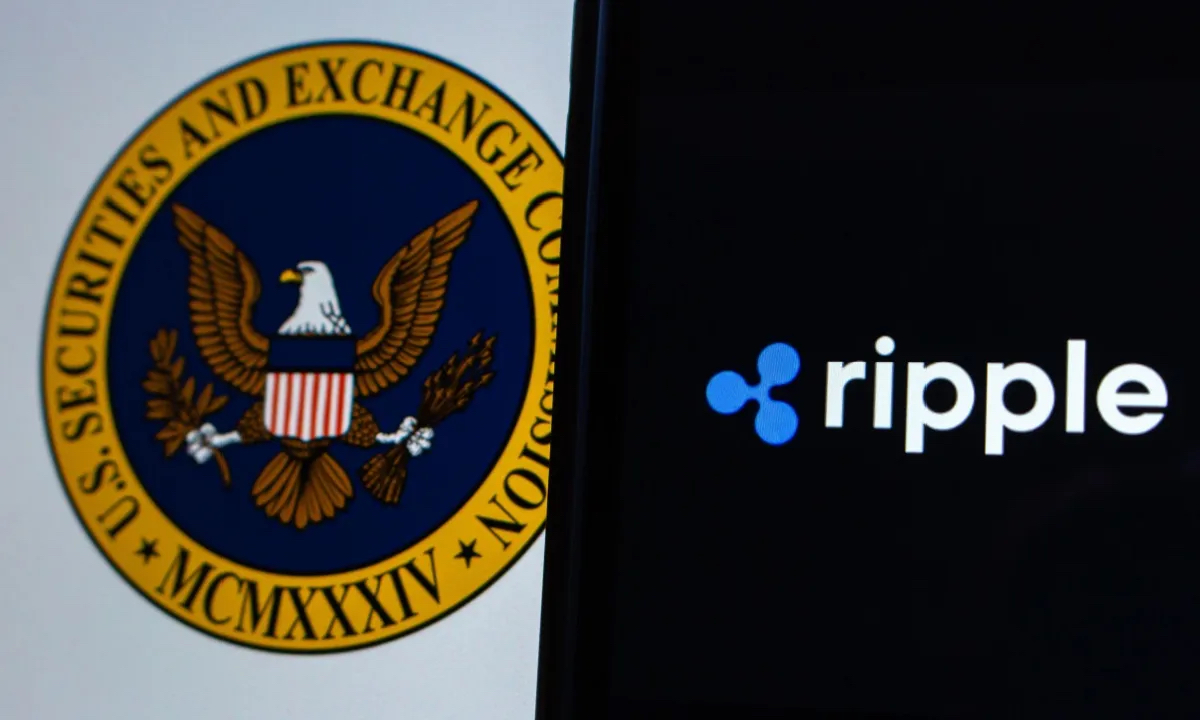
The SEC’s lawsuit against Ripple, initiated in December 2020, claims that the company’s sale of XRP constituted an unregistered securities offering, raising $1.3 billion. This case has become a landmark moment for the cryptocurrency industry, with potential implications for how digital assets are regulated.
Allegations by the SEC
The SEC alleges that Ripple conducted unregistered securities offerings through its sales of XRP to institutional investors. Ripple’s significant control over XRP’s supply and promotional efforts to boost the token’s value meet the criteria for it being classified as a security, according to the SEC. This classification, if upheld, could have severe repercussions for Ripple and similar digital assets.
The SEC’s stance on Ripple’s institutional sales of XRP has been a contentious point. The agency contends that these sales raised $1.3 billion in unregistered securities, breaching federal securities law. While the court found that secondary market sales to retail investors do not constitute securities transactions, it concluded that institutional sales violated federal securities laws. This dual ruling has created a complex legal landscape for Ripple.
Ripple’s Defense Strategy
Ripple has mounted a robust defense against the SEC’s allegations, emphasizing its compliance with existing regulations and arguing that XRP should not be classified as a security. The company plans to file a counter-appeal to challenge the SEC’s claims regarding institutional sales. Ripple asserts that XRP serves as a digital currency for fast and affordable cross-border transactions, distinguishing it from traditional securities.
Ripple’s defense draws parallels between XRP and other cryptocurrencies like Bitcoin and Ether, whose market values are independent of their creators’ actions. By highlighting these distinctions, Ripple aims to disprove the SEC’s allegations and secure a favorable outcome.
The protracted legal proceedings continue to create uncertainty for XRP, potentially stifling its growth and deterring investment.
Key Developments in the Court Battles
The court battles between Ripple and the SEC have seen several key developments, shaping the trajectory of the case and its implications for the cryptocurrency market. From initial filings to significant rulings, these developments have kept the market on edge.
Initial Filings and Responses
The SEC’s initial complaint against Ripple alleged that the company’s sale of XRP constituted the sale of unregistered securities. Ripple’s response strongly denied any wrongdoing, emphasizing its belief that XRP should not be classified as a security.
This clash set the stage for a prolonged legal battle, with both sides presenting compelling arguments.
Judge Torres’ Rulings
Judge Torres’ rulings have been pivotal in the Ripple case. She determined that XRP transactions on exchanges do not qualify as securities, a decision that significantly impacted Ripple’s case against the SEC. However, she also ruled that institutional sales of XRP were unregistered securities, creating a nuanced legal landscape for Ripple. The judge denied the SEC’s request for disgorgement, stating there was no evidence of investor harm from Ripple’s actions.
A limited injunction was placed on Ripple, restricting certain XRP sales that violate securities laws but not banning all institutional sales. This mixed ruling has left the market in a state of uncertainty, with Ripple arguing that XRP should be classified as a digital currency, not a security.
Impact on XRP Price
The legal battles have significantly impacted XRP’s market price. Following the announcement of the court ruling, XRP’s price surged by nearly 30%. Analysts predict that XRP’s price could reach between $0.75 and $0.86 by the end of 2024. These fluctuations reflect the market’s reaction to the legal developments and the potential future of XRP.
Looking further ahead, price predictions for XRP vary widely, with estimates suggesting it could reach between $1.18 and $7.54 by 2030. The outcome of the lawsuit will play a crucial role in shaping these future price movements, influencing investor confidence and market stability.
Broader Implications for the Crypto Industry
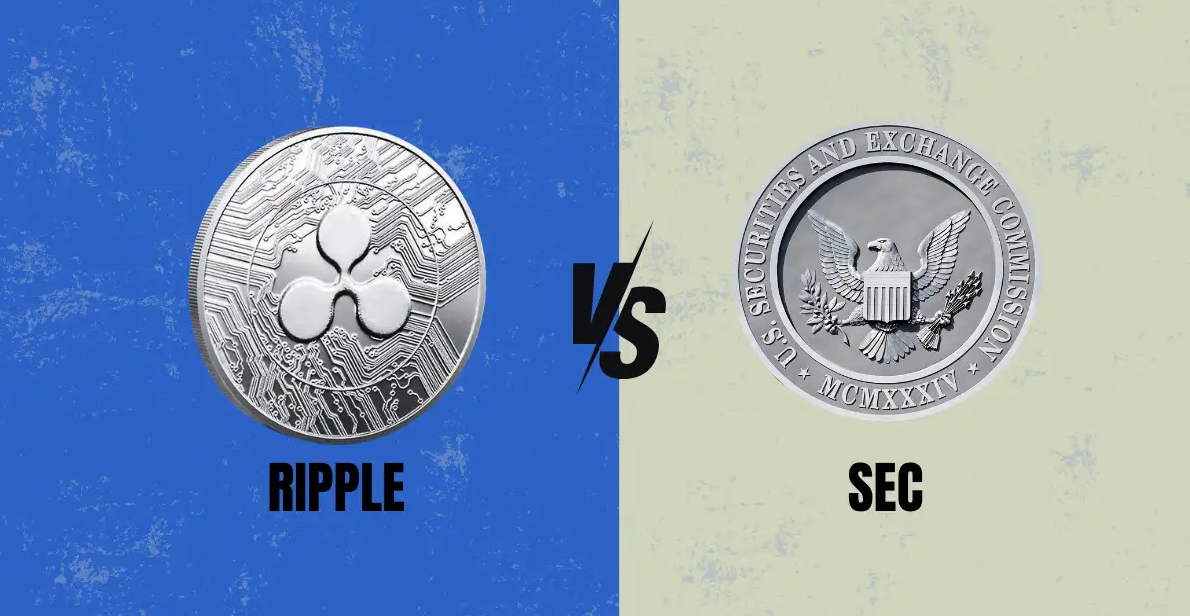
Ripple’s ongoing legal disputes have broader implications for the cryptocurrency industry, affecting investor confidence, market stability, and regulatory frameworks. The case could significantly alter how digital assets are classified and traded.
Effect on Crypto Exchanges
Crypto exchanges are closely monitoring the Ripple case, as its resolution may impact the listing and delisting of XRP and potentially other cryptocurrencies. Exchanges may need to reassess their listing practices for XRP, adapting to new regulatory requirements.
If Ripple loses the lawsuit, it could severely limit XRP’s market access and trading options.
Regulatory Precedents
The Ripple lawsuit may establish important legal precedents for how digital assets are treated under securities laws. The ongoing litigation with the SEC will shape Ripple’s future and the potential valuation of XRP. The outcome could significantly impact how cryptocurrencies are regulated, influencing market operations and investor behavior.
Investor Sentiment
Investor sentiment has been volatile following key court rulings in the Ripple case. After Judge Torres’ ruling, XRP’s market value and transaction volumes saw significant increases. However, the SEC’s appeal of a ruling that found XRP was not a security led to an 11% decline in XRP’s market value. This volatility reflects the uncertainty surrounding the case and its potential outcomes.
Uncertainty in the Ripple case has influenced investor confidence in digital assets, with many awaiting clearer regulatory guidance. If Ripple loses, XRP may be classified as a security, increasing regulatory scrutiny and potentially harming its market value. Investor confidence in XRP and similar digital assets may fluctuate as they await clarity from the ongoing litigation.
Ripple’s Global Expansion Amid Legal Challenges
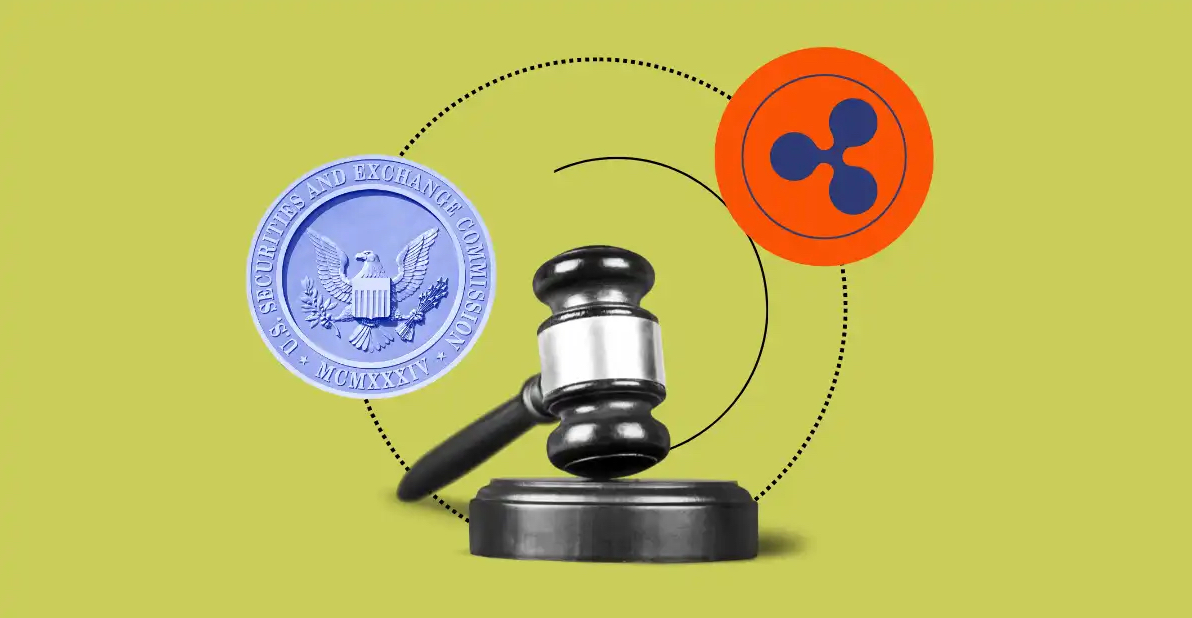
Despite significant legal challenges in the U.S., Ripple is actively pursuing global economic growth opportunities. The company is gaining regulatory approvals in various countries, aiming to enhance its global operational footprint and reduce the impact of legal setbacks in the U.S.
Partnerships and Collaborations
Ripple has formed strategic alliances with numerous global financial institutions to bolster its international reach. Partnerships with organizations like Bitstamp and Travelex enhance Ripple’s financial services and expand its market presence.
By 2023, Ripple Labs had expanded its operations to 50 countries, employing approximately 1,120 staff members.
Adoption in Emerging Markets
Ripple has gained traction in emerging markets where regulatory conditions are more favorable for cryptocurrency operations. In developing countries with less restrictive regulatory frameworks, Ripple’s technology is used to modernize financial infrastructure and enhance financial inclusion.
Collaborations with central banks in countries like Georgia and Colombia highlight Ripple’s efforts to improve high-value payment systems using blockchain technology.
Future Scenarios for Ripple and XRP
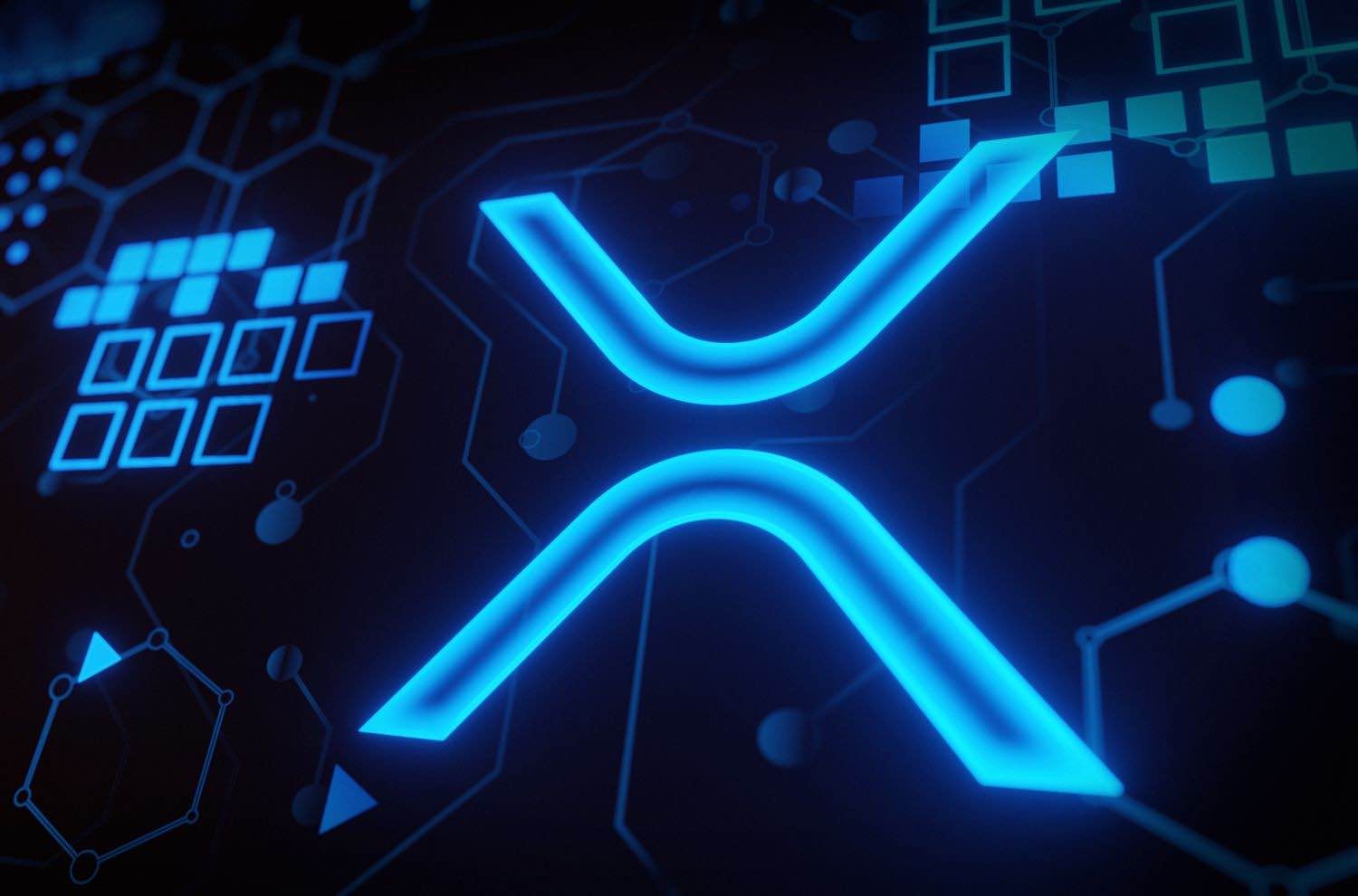
The future of Ripple and XRP is closely tied to the outcomes of its legal challenges with the SEC. Analysts suggest various scenarios that could unfold in the coming years, each with different implications for Ripple and the broader cryptocurrency market.
Best-Case Scenario
In the best-case scenario, Ripple secures a favorable ruling that sets positive judicial precedents for the cryptocurrency sector. Such an outcome could bolster investor confidence in Ripple and XRP, driving market growth and stability.
Clearer regulatory frameworks established through these precedents could foster a more stable and predictable environment for digital assets, encouraging widespread adoption and innovation.
Worst-Case Scenario
Conversely, the worst-case scenario would see Ripple losing the lawsuit, resulting in XRP being declared a security. This would likely lead to a significant drop in XRP’s market value due to loss of investor confidence and increased regulatory scrutiny.
Such a ruling could set a precedent that prompts the reclassification of other cryptocurrencies as securities, potentially triggering widespread sell-offs and market instability. Investor sentiment might shift dramatically, leading to increased caution towards cryptocurrencies viewed as high-risk investments.
Middle Ground
A middle-ground scenario might involve a compromise where XRP is regulated as a digital asset rather than a security. This could allow Ripple to continue its operations under guided compliance, stabilizing its regulatory environment.
Such a resolution might lead to Ripple adjusting its compliance practices while retaining some market viability, paving the way for a clearer regulatory framework that benefits the broader cryptocurrency market. This outcome could shape Ripple’s future and influence the SEC’s regulatory stance.
Summary
Ripple’s legal battles with the SEC have far-reaching implications for the company, XRP, and the entire cryptocurrency sector. The outcomes of these court cases could set significant regulatory precedents, influencing how digital assets are classified and traded in the future. As Ripple continues to expand globally and form strategic partnerships, its ability to navigate these legal challenges will be crucial. Whether the result is a favorable ruling, a compromise, or a worst-case scenario, the Ripple case underscores the importance of clear regulatory frameworks in fostering a stable and innovative cryptocurrency market.
Frequently Asked Questions
What is the SEC’s main allegation against Ripple?
The SEC’s main allegation against Ripple is that its sale of XRP was an unregistered securities offering, raising $1.3 billion and violating federal securities laws.
How has the Ripple lawsuit impacted XRP’s price?
The Ripple lawsuit has led to notable price volatility for XRP, with a 30% increase following a favorable court ruling and an 11% decline after the SEC’s appeal. This highlights the ongoing influence of legal developments on cryptocurrency valuations.
What are the broader implications of the Ripple lawsuit for the cryptocurrency industry?
The Ripple lawsuit could significantly influence regulatory standards for digital assets, which in turn may affect investor confidence and the overall stability of the cryptocurrency market. This case highlights the need for clear regulatory frameworks in the evolving landscape of digital currencies.
How is Ripple responding to the SEC’s allegations?
Ripple is robustly defending itself against the SEC’s allegations by highlighting its regulatory compliance and contending that XRP should not be deemed a security.
What could happen if Ripple loses the lawsuit?
If Ripple loses the lawsuit, XRP could be classified as a security, resulting in heightened regulatory scrutiny and potentially significant declines in its market value, along with implications for the broader cryptocurrency landscape.

